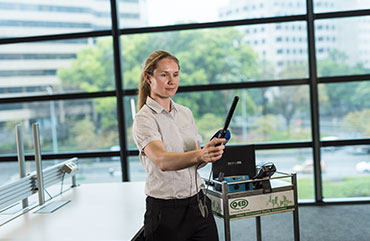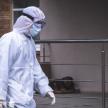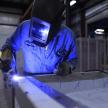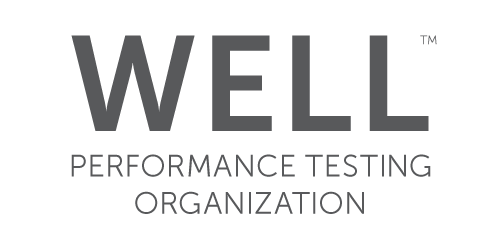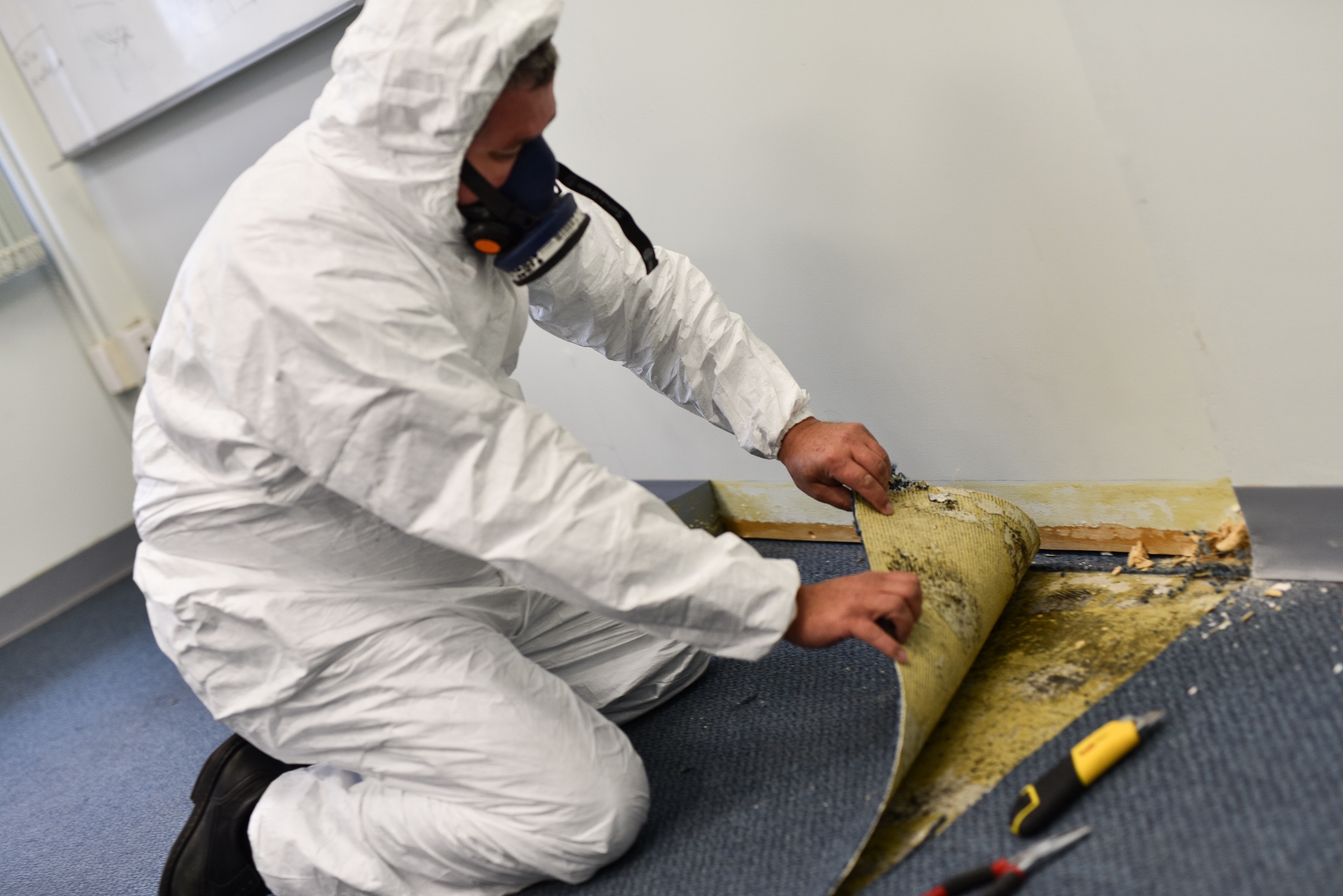
07th
Inquiry into mould-related illnesses and moisture in buildings
The federal government has released findings from its inquiry into mould-related illnesses and moisture in buildings.
The parliamentary inquiry met in August and September to hear evidence from experts in health, biology and building physics.
The committee received information about Chronic Inflammatory Response Syndrome (CIRS) and the wide range of associated symptoms.
It also examined the links between CIRS and mould in buildings, and the need to improve building standards around moisture control.
The Committee passed down a number of recommendations that are outlined below.
QED supports all of the recommendations and in particular we wholeheartedly support that standards be developed for testing and remediation of buildings and accreditation for professionals working in the field.
Recommendation 1
The Committee recommends that the Department of Health produce and publish in the short term a fact sheet, and in the medium term undertake further research on:
- the potential health effects of exposure to damp and mould;
- the prevalence of dampness and mould in the built environment; and
- advice on the prevention and removal of mould.
Recommendation 2
The Committee recommends that the Australian Government work with the states and territories to conduct further research into, and develop standards and/or accreditation requirements for the mould testing and remediation industries, which should include consideration of:
- the most effective methods of testing and remediation of buildings affected by mould and/or moisture;
- appropriate accreditation requirements for professionals working in these fields; and
- options for greater regulatory oversight of these industries.
Recommendation 3
The Committee recommends that the Australian Government work with the states and territories to ensure that tenants in rental properties, aged care facilities, and community, social and public housing are provided with timely information about disclosure and rectification of any previous or existing mould and/or water damage issues in a property before entering into a residential leasing agreement.
Recommendation 4
The Committee recommends that the Australian Government work with states and territories to conduct further research into the adequacy of current building codes and standards related to the prevention and remediation of dampness and mould in buildings.
Recommendation 5
The Committee recommends the Department of Health conduct a review into the treatment of patients presenting with complex illnesses that are difficult to diagnose such as those with CIRS-like symptoms. This review should consider:
- methods to ensure patients with complex conditions, such as individuals reporting to have CIRS, are provided with effective and timely treatment and support (with the aim of reducing ‘doctor shopping’); and
- whether doctors require further support in order to: identify environmental impacts on health; manage complex conditions; and provide appropriate treatment.
Recommendation 6
The Committee recommends that the Australian Government commission the National Health and Medical Research Council to conduct research into CIRS-like syndromes with a view to assisting in the diagnosis, treatment and management of patients. Research should also examine any links between mould and biotoxins and complex symptoms most commonly reported as typifying CIRS.
Recommendation 7
The Committee recommends that the Department of Health, in consultation with patient groups, medical practitioners, and health bodies, develop clinical guidelines for general practitioners for the diagnosis, treatment and management of CIRS-like conditions.
The list of recommendations are available on the Parliament of Australia website.
QED is a leading Australian mould investigator with substantial experience in the field. For more information on mould testing and remediation processes, please contact us.
Categories
Recent Posts
Changes to the workplace exposure standard for welding fumes
15th Mar
On January 18, 2024, SafeWork Australia made a significant adjustment to the Workplace Exposure Standard (WES) for Welding Fume (not otherwi...
Pseudomonas aeruginosa and the Water Quality Management Plan - it's not just about Legionella.
23rd Feb
Pseudomonas aeruginosa could be responsible for a high burden of disease, and should always be included in a risk management plan....
Navigating the New Norm: Prioritising Indoor Air Quality for Events and Venues
06th Feb
Throughout 2023 there was a surge in venue managers looking to help clients feel at ease in regards to indoor air quality....



